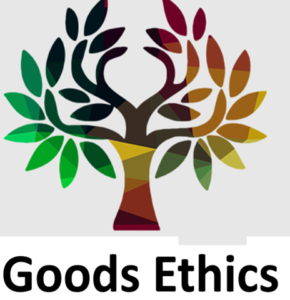Ethics Tests:
- Determine the quality of your group’s ethical reasoning skills.
- Serious about getting ethics into your organization?
Quick Test for Organizational Ethics Quality
[answer “yes” or “no”]
- Are you proud of your group’s ethics?
- Are communications void of false pretexts or hidden agendas?
- Do ethical codes, policies and practices work positively for everyone?
- Is the group routinely improving processes with high consensus?
- Do improvements matter and/or last?
- Is current resistance to change normal and/or inconsequential?
- Is there sufficient trust and openness to resolve important issues?
- Are existing practices and policies free of double standards?
- Do your superiors set good examples and reward good ethics?
- Are your group’s ethics an asset that contributes to business results?
Count the “No’s.” How did you do?
0 – 3 = excellent, 4 – 6 = average, 7 – 10 = poor.
If you scored average or worse, your organization probably has significant room for improvement and would benefit from assessment and training services.
Short Basic Test for Applied Ethics Quality.
- Are lower forms of ethical reasoning routinely interfering with ethical reasoning and decision making?
- Is the group routinely failing to meet it’s highest duties in its everyday decisions?
- Do everyday decisions generally fail to meet the Golden Rule and serve the Greatest Good for the Most?
- Are involved or affected parties routinely excluded from consideration?
Count the “No’s.” How did you do?
3 – 4 = excellent, 2 = somewhat deficient, 0 -1 = poor.
Short Advanced Test for Applied Ethics Quality.
- Are most decisions refined to “good versus good” alternatives?
- Are at least 3 alternatives generally considered?
- Do meetings often have false pretexts, claiming to be about making a decision when in fact the decision has already been made and only group buy-in is sought?
- Are attitudes and decisions monitored and corrected if found to result in unethical consequences?
Count the “No’s.” How did you do?
3 – 4 = excellent, 2 = somewhat deficient, 0 -1 = poor.

